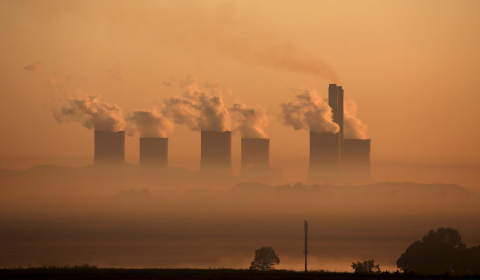In a massive win for the planet, the Biden administration has confirmed the cancellation of seven controversial oil and gas leases in Alaska’s Arctic National Wildlife Refuge, citing the need to conserve nature and protect Indigenous rights.
This week, the Biden administration confirmed its intent to cancel seven controversial oil and gas leases in Alaska’s Arctic National Wildlife Refuge, originally authorised in the waning days of the Trump administration.
The leases were previously granted to the Alaska Industrial Development and Export Authority (AIDEA) and permitted drilling activities within the Arctic Refuge, an area considered sacred land to the Indigenous Gwich’in people.
It is also home to abundant wildlife, such as caribou herds, wolves, and more than 200 bird species – but securing its protection has been a long and tumultuous journey.
On his very first day in office, Biden issued an executive order to halt any development activities within the refuge. He demanded that a thorough examination of the lease sale should be carried out to understand its potential environmental consequences.
In a recent press conference, Interior Secretary Deb Haaland revealed that the in-depth analysis had found that the lease sale had ‘significant legal deficiencies’. Upon reading the report, a federal judge officially greenlighted Biden’s lease cancellations.
Secretary Haaland called the decision ‘a lifeline’ for the refuge’s coastal zone – an area of the planet that’s about as ecologically sensitive as they come.





















